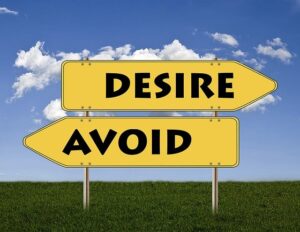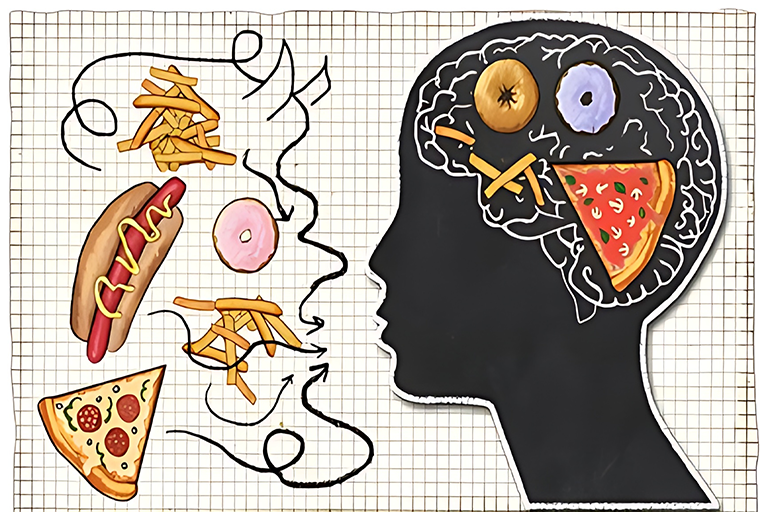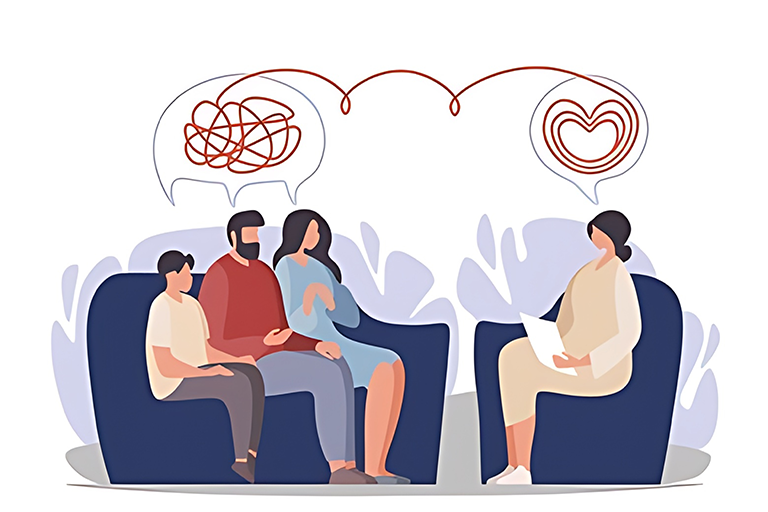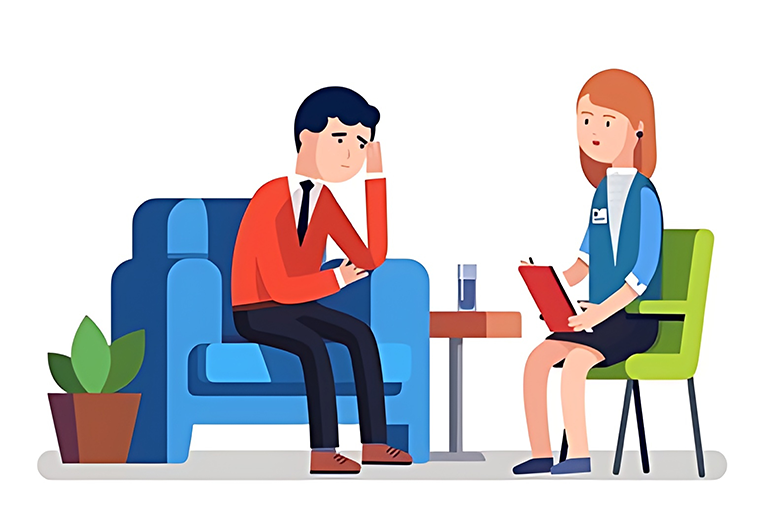Disgust is a complex and often misunderstood emotion that we all experience at some point in our lives. It is a powerful emotion that can manifest in a variety of ways, ranging from mild distaste to intense revulsion. In this blog, we will explore disgust as an emotion, its triggers, effects, and some coping strategies for dealing with disgust.
What is disgust as an emotion?
Disgust is an emotional response that is triggered by the perception of something unpleasant, unclean, or offensive. It is a natural response to avoid ingestion or contact with things that might be harmful to us, such as rotten food, bodily fluids, or infectious diseases. Disgust can also be triggered by social norms or cultural expectations, such as certain foods or behaviors that are considered taboo.

What is the emotional response to disgust?
Disgust is a complex emotion that involves both physiological and psychological processes. When we experience disgust, our body may respond with nausea, gagging, or even vomiting. We may also experience psychological changes, such as increased heart rate, sweating, and changes in our thinking patterns.
When anything unpleasant, filthy, or repulsive is perceived, disgust is an emotional reaction that is set off. It is a normal reaction to want to stay away from anything that could be harmful to us, such rotting food, bodily fluids, or contagious diseases. Social conventions or cultural standards, such as eating particular foods or engaging in specific actions that are frowned upon, can also cause disgust.
The effects of disgust
While disgust can be a useful emotion that helps us avoid potentially harmful situations, it can also have negative effects on our physical and mental health. Chronic feelings of disgust can lead to anxiety, depression, and even post-traumatic stress disorder (PTSD). Disgust can also lead to social isolation, as individuals may avoid situations or people that trigger their feelings of disgust.

Coping strategies for dealing with disgust
While disgust can be a challenging emotion to deal with, several coping strategies can help us manage our disgust in healthy ways. Here are some strategies for dealing with disgust:
Recognize your triggers: Identify the situations, people, or things that tend to trigger your feelings of disgust. This might include specific foods, behaviors, or smells. By recognizing your triggers, you can work to avoid or manage them more effectively.
Practice exposure therapy: Exposure therapy is a type of therapy that involves gradually exposing yourself to the things that trigger your feelings of disgust in a safe and controlled environment. Over time, exposure therapy can help to desensitize you to these triggers and reduce your feelings of disgust.
Practice mindfulness: Mindfulness is a practice that involves being present now and non-judgmentally observing your thoughts and feelings. When you feel yourself becoming disgusted, try practicing mindfulness techniques such as deep breathing, body scanning, or guided meditation. Consider using mindfulness exercises like body scans, guided meditation, or slow breathing when you feel yourself starting to feel disgusted.
Seek professional help: If your feelings of disgust are interfering with your daily life or causing significant distress, it may be helpful to seek professional help from a mental health professional.
Conclusion
In conclusion, disgust is a powerful emotion that can have both positive and negative effects on our lives. By recognizing our triggers, practicing exposure therapy, practicing mindfulness, and seeking help, when necessary, we can learn to manage our feelings of disgust in healthy and constructive ways. Ultimately, by learning to manage our disgust, we can improve our physical and mental health, reduce our feelings of anxiety and depression, and live more fulfilling lives.
Learn more: Mental Health Awareness
& Mobile Phone Addiction & Teenagers
Shruti Dua, Mental Health Blogger, YOUR Confidant





